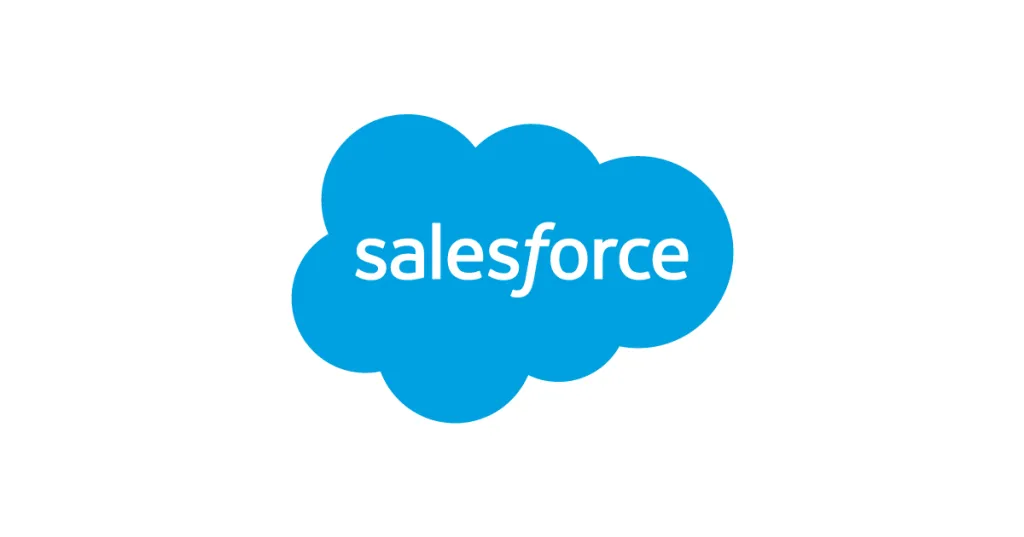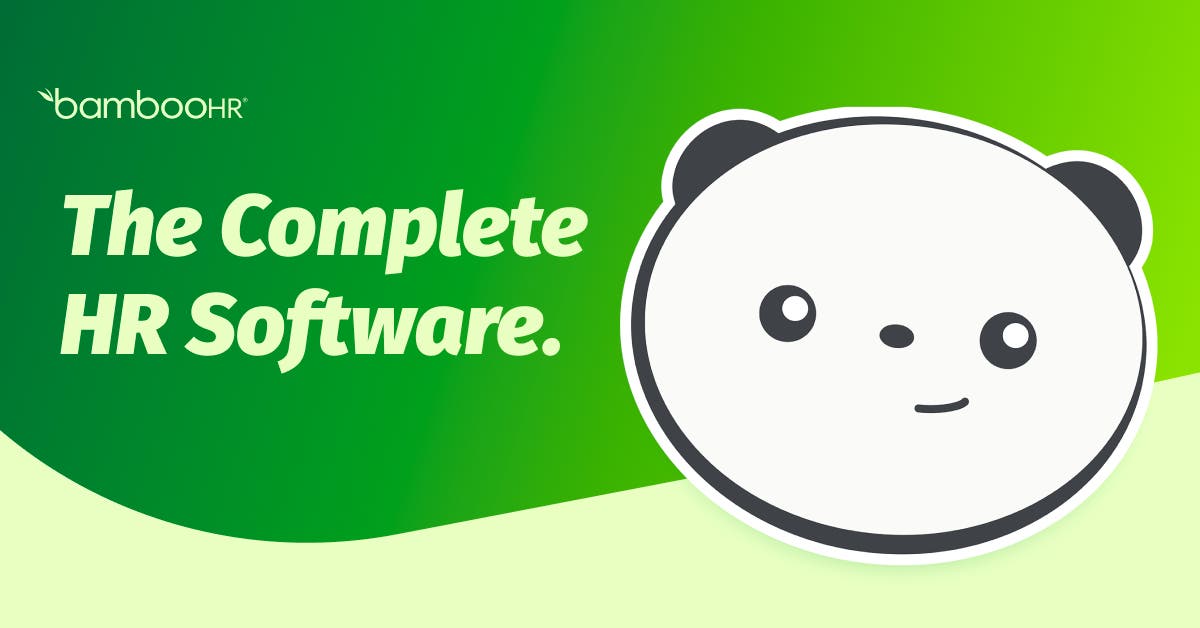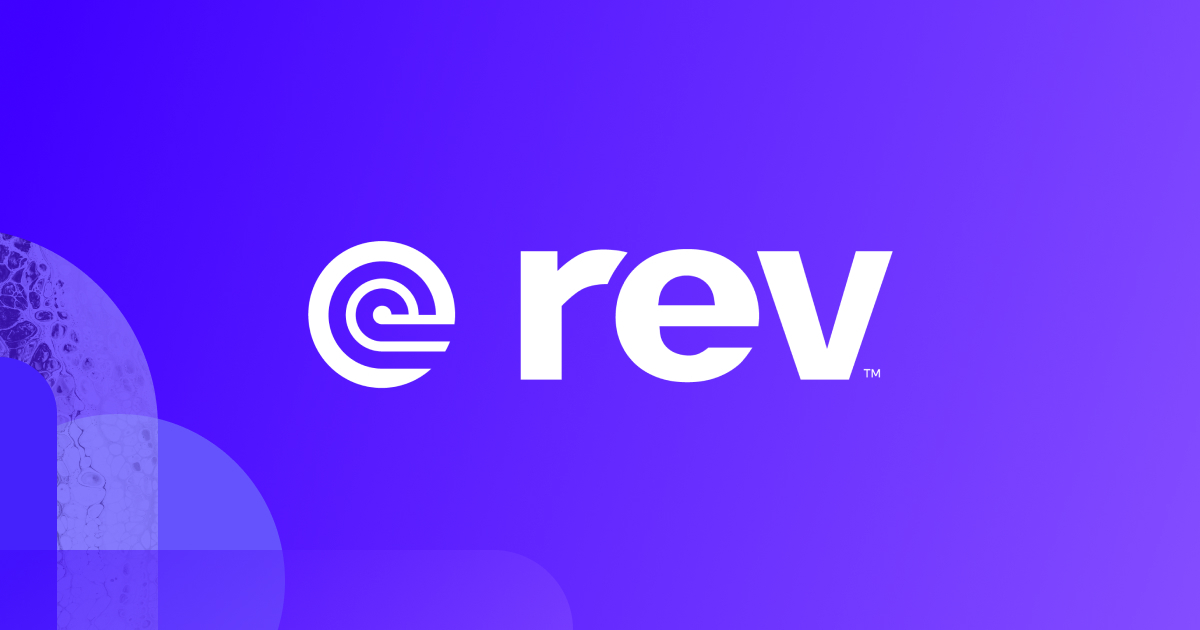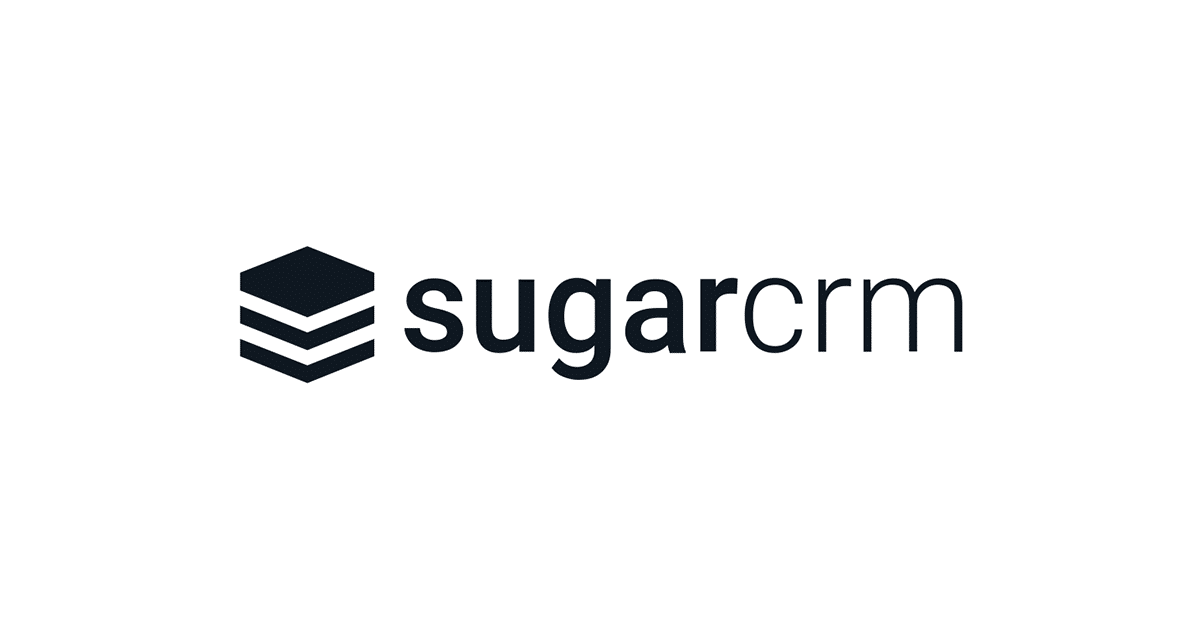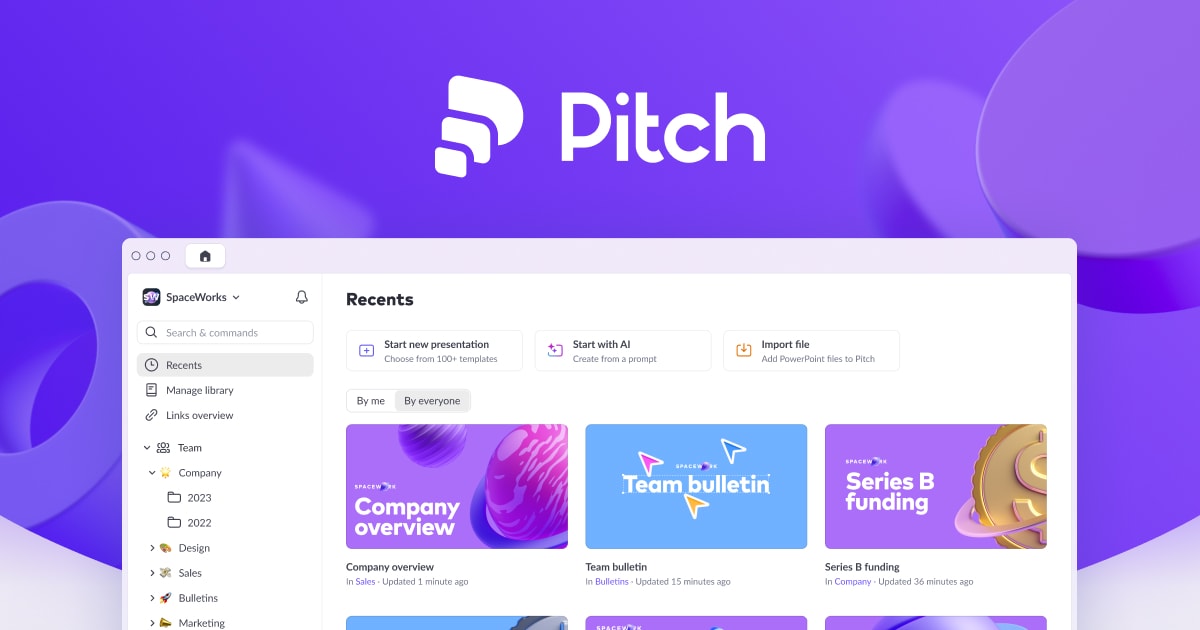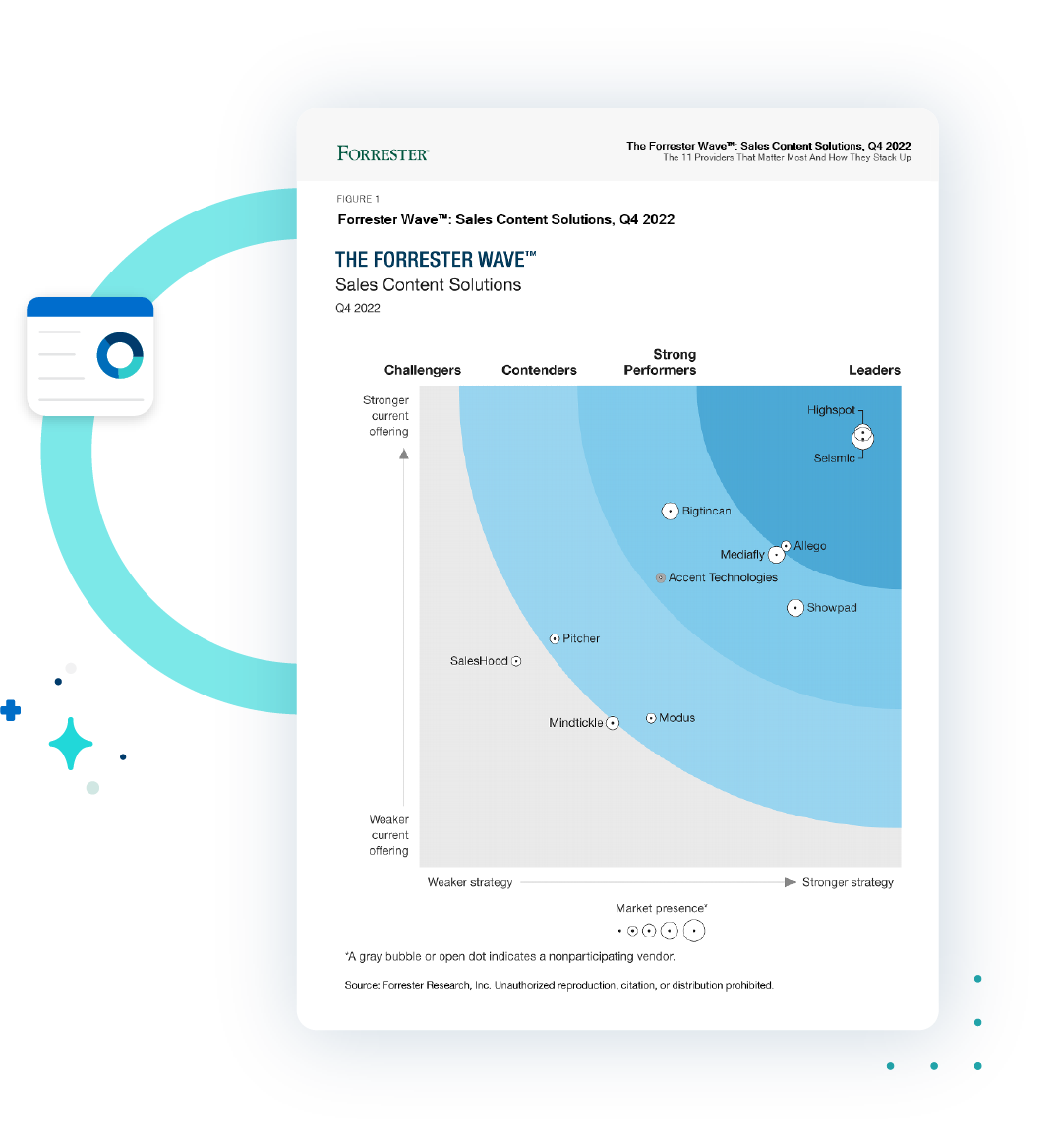Introduction
As sales environments become increasingly complex, coaching sales teams effectively is more important than ever. Sales coaching software streamlines the process of training, developing and mentoring reps at every stage of their careers. They offer centralized access to resources like playbooks, best practices and role-playing scenarios to help reps fine-tune their skills. This blog analyzes the top 15 sales coaching platforms based on critical capabilities, customer reviews and other metrics to help you select the right partner to empower your teams.
Methods of Evaluation
To rank the platforms, we evaluated key attributes like learning management features, CRM and third-party integrations, customizability, pricing options and scalability. We also factored in metrics like the number of customer reviews on sites like G2 and Capterra, trust signals like backlinks profiles, average monthly search volumes for competing keywords and website traffic to get a sense of true market presence and impact. This multidimensional analysis considers both core functionality as well as third party indicators of quality and popularity to determine the most recommended sales coaching solutions.
1. LinkedIn Learning
LinkedIn Learning, formerly known as Lynda.com, is a strong contender for best sales coaching software. As the globe’s largest online learning platform for professional and business skills, LinkedIn Learning offers one of the most extensive video libraries that includes sales coaching content. With over 16,000 online courses taught by expert instructors, there is high-quality sales coaching content available both for organizational training as well as individual learner journeys.
Pros: Key advantages of using LinkedIn Learning for sales coaching include:
– Global leader in online skills development with a trusted brand
– One of the largest video libraries ideal for modern, on-demand learning methods
– Content is effective for sales teams as well as individual salespeople’s development
– Courses taught by expert instructors and professionals in the field
Cons: The main disadvantage is that LinkedIn Learning is not specifically tailored as a dedicated sales enablement platform. Some functionality aimed specifically at sales performance may be lacking compared to dedicated sales enablement providers.
Pricing: Pricing for LinkedIn Learning starts from $29.99/month for individual learners and ranges from $149-$299/month per user for businesses, with discounts available for annual plans and enterprise-level pricing also available.
Some key stats about LinkedIn Learning include:
– Used by over 6,500 companies including top brands like IBM and Accenture
– Over 930 million members globally
– Vast library of over 16,000 online courses and video tutorials
– Courses cover software, creative, and business skills including dedicated sales coaching content
2. Zoom
Zoom is a leading video-first unified communications platform. Founded in 2011, Zoom has become the collaboration platform of choice for many businesses, educational institutions, and individuals. With features like high-quality video, chat, cloud phone, and content sharing, Zoom provides an easy platform for live coaching sessions, team collaborations, training events, and more.
Pros: Some key advantages of using Zoom for sales coaching include:
– Intuitive and easy-to-use interface for both host and participants
– High-quality video and audio for face-to-face coaching sessions
– Robust meeting and chat features allow for live collaboration
– Integrates seamlessly with leading CRM and calendar platforms
– Affordable pricing plans to fit any budget or business size
Cons: One potential disadvantage is that as a general communications tool, Zoom may have more features than needed solely for sales coaching. This could add some complexity versus platforms specialized for coaching.
Pricing: Zoom offers flexible pricing plans to suit businesses of all sizes. Basic plans start at free for unlimited 1-1 meetings. Paid plans range from $15-200 per host per month and offer increased features like meeting time limits, cloud recording, and advanced analytics.
Some key stats about Zoom include:
– Over 500k customers globally including 80% of Fortune 500 companies
– Over 300 million daily meeting participants
– Recognized as a leader in the 2020 Gartner Magic Quadrant for Meeting Solutions
– Publicly traded on the Nasdaq stock exchange with market cap over $100B
3. SurveyMonkey
SurveyMonkey is a leading online survey platform that helps organizations drive business and capture feedback. Founded in 1999, SurveyMonkey enables users to easily create their own online surveys and forms through an intuitive web-based interface.
Pros: Some key advantages of SurveyMonkey include:
– Online surveys builder that allows creating surveys and forms without coding knowledge
– Customizable coaching feedback forms to capture client or employee feedback easily
– Powerful data analytics and visualization tools to analyze survey responses
– Integrations with tools like Slack, SurveyGizmo, Typeform for additional functionality
Cons: One potential disadvantage is that the free plan only allows for 10 questions per survey which may not be sufficient for more complex surveys.
Pricing: Pricing starts from $24/month on the Individual plan up to $72/month on the Premier plan (billed annually) for additional features like advanced reporting, unlimited questions and responses.
Some key stats about SurveyMonkey include:
– Over 475,000 paying customers globally
– Used by 9 out of 10 Fortune 500 companies
– Over 400 million responses collected each year
4. Salesforce
Salesforce is a leading CRM platform for managing all customer-facing processes. Founded in 1999, the company’s flagship product is a cloud-based CRM that allows organizations to track and manage leads, contacts, accounts, deals, and more. With over 150,000 customers globally, Salesforce is the market leader in CRM software.
Pros: Some key advantages of Salesforce’s sales coaching software include:
– Industry-leading CRM platform with extensive data and functionality
– Pre-built sales methodology templates and workflows
– Extensive training resources and certifications for coaches and reps
– Integration with 3rd party tools like LinkedIn, Gong, and Google via AppExchange
Cons: A potential disadvantage is the cost – Salesforce has tiered pricing that can become expensive at higher volume and usage levels compared to some competitors.
Pricing: Salesforce offers flexible subscription pricing starting at $25 per user per month for the Professional edition. However, for full access to sales coaching features, the Enterprise edition starting at $150 per user per month is recommended.
Some key stats about Salesforce include:
– Over 150,000 customers worldwide across industries
– Rated as a leader in the 2021 Gartner Magic Quadrant for CRM Customer Engagement Center
– $26.49 billion in revenue for FY2022
– Over 150,000 apps available on the Salesforce AppExchange
5. BambooHR
BambooHR is a leading HR software that offers everything needed for human resource management. From core HR functions like onboarding and payroll to talent management with learning and performance reviews, BambooHR aims to simplify HR across the entire employee lifecycle.
Pros: Some key advantages of BambooHR include:
– Integrated HR and LMS platform allows tracking all employee data and training in one place
– Customizable training workflows to track completion of assigned courses
– Built-in performance reviews and feedback tools for goal setting and annual reviews
– Integrations with major CRMs allow accessing employee profile and data directly within your CRM system
Cons: A potential disadvantage is the lack of custom reporting capabilities outside of the standard reports. Advanced reporting would require assistance from their professional services team.
Pricing: BambooHR offers flexible pricing plans starting from $6 per employee per month for the basic Essentials plan up to $12 per employee per month for the highest Premier plan. Additional per-employee fees apply for advanced HR functions like payroll processing.
Some key stats about BambooHR include:
– Used by over 20,000 organizations worldwide
– Integrates with over 200+ apps including major CRMs like Salesforce
– Supports over 45 states for payroll processing
– Over 10,000 internal and external certified professionals providing onboarding and training resources
6. Pipedrive
Pipedrive is a sales CRM and pipeline management software that helps teams track deals, manage leads and see analytics. Founded in 2010, Pipedrive is one of the original and most popular CRM tools for growing businesses. With over 95,000 customers worldwide, Pipedrive aims to make CRM easy and effective for teams of all sizes.
Pros: Some key advantages of Pipedrive include:
– Intuitive and easy to use interface for both sales reps and managers
– Built-in pipeline management and forecasting tools
– Customizable workflows and views
– Robust reporting and analytics
– Integrated learning and coaching features
Cons: One potential disadvantage is that it may not be as fully-featured as some of the more robust enterprise-level CRMs. The interface could also feel a bit dated or basic compared to more modern CRMs.
Pricing: Pipedrive offers both free and paid plans. The free Starter plan allows for 3 users and basic features. Paid plans range from $12 to $24 per user per month based on team size and include more advanced features like custom fields, productivity tools and integrations.
Some key stats about Pipedrive include:
– Used by 95,000+ customers worldwide
– Integrates with over 150+ apps like Gmail, Slack, Zapier etc.
– Available in over 30 languages
– Offers both freemium and paid plans starting at $12/user/mo
7. Rev
Rev is a AI-powered transcription service that can be used for capturing and reviewing sales calls. Founded in 2012, Rev has now transcribed over 100 million hours of audio and video recordings. The software uses machine learning and AI to transcribe audio and video recordings with high accuracy.
Pros: Some key advantages of Rev for sales coaching include:
– Coaching through live call reviews – Managers can review calls in real-time and provide feedback.
– Automated transcription and analysis – Calls are automatically transcribed and can be analyzed to find theme, tone, topics discussed etc.
– Personalized recommendations – Based on call analysis, Rev provides recommendations on how to improve performance.
– Integrations with major CRMs – Recordings and transcripts can be linked to contacts and deals in CRMs like Salesforce.
Cons: One potential disadvantage is that accuracy can decrease for noisy recordings or with heavy accents. The AI may struggle compared to human transcription in such cases. However, Rev is constantly improving its models through more data.
Pricing: Rev offers three pricing plans – Basic ($0.75/minute), Pro ($0.50/minute) and Enterprise (Custom Pricing). Additional features like call analytics, AI insights etc are available in the higher tier plans. There is also a free $60 credit for new users to try the software.
Some key stats about Rev include:
– Over 5,000 customers including major companies like Microsoft, Adobe, Dropbox, Intel, and Lyft
– Processes over 2 million minutes of audio/video each day
– Has a 99% accuracy rate on clear audio
– Integrations with 40+ tools including Salesforce, Hubspot, Google Workspace, and Microsoft Teams
8. Drift
Drift is a leading conversational marketing platform that enables businesses to have personalized conversations with customers across channels like web chat, email, phone and video. Founded in 2014, Drift helps over 15,000 businesses strengthen relationships and drive meaningful outcomes through conversations.
Pros: Some key advantages of Drift include:
– Leading conversational marketing platform for businesses to connect with customers through chat, email, video and other channels.
– Enables sales coaching bots, online communities and more through conversations.
– Coaching solutions are deeply integrated with live chat sessions on websites to help agents provide better customer experiences.
Cons: One potential disadvantage is that the pricing can be higher compared to some niche sales coaching tools for smaller teams or startups with limited budgets.
Pricing: Drift offers various pricing plans starting from $80 per agent per month for their basic Starter plan to enterprise plans priced according to team size and functionality required. They also offer a free 14-day trial to explore the platform.
Some key stats about Drift include:
– Over 15,000 customers globally including enterprises like IBM, GE Healthcare, Gusto and Anthropic.
– Processes over 3 billion conversations annually across chat, email, video and other mediums.
– Named a leader in the 2021 Gartner Magic Quadrant for B2B Marketing Automation.
9. SugarCRM
SugarCRM is a leading CRM software founded in 2004 and based in Cupertino, California. With over 17 years of experience, SugarCRM provides a full-featured CRM platform to help organizations of all sizes manage leads, contacts, accounts, and business processes. Their CRM software has been recognized by G2 as a leader in sales, marketing, and customer support products.
Pros: Some key advantages of SugarCRM include:
– Popular CRM platform backed by a large, worldwide support community
– Coaching modules that are well-integrated within the broader CRM platform
– Flexible and customizable platform that can scale with business needs from SMBs to enterprise organizations
Cons: One potential disadvantage is a slightly steeper learning curve compared to some simpler, easier to use CRM alternatives. There is more functionality which requires more time to configure and learn how to leverage fully.
Pricing: SugarCRM offers different pricing tiers including:
– Essentials Plan starting at $25/user per month
– Professional Plan starting at $50/user per month
– Elite Plan starting at customized enterprise pricing
All plans include full access to the platform and customization capabilities. Additional costs may apply for implementation, training, and support services.
Some key stats about SugarCRM include:
– Used by over 4 million users worldwide
– Supports over 30 languages
– Integrates with over 150 applications via an open API
– Backed by a worldwide partner network of over 3,000 implementation partners
10. Groove
Groove is a leading sales coaching and enablement platform used by countless companies globally. Founded in 2011 and based in San Francisco and London, Groove provides an all-in-one platform to coach sales teams, track pipeline and close more deals.
Pros: Some key advantages of Groove include:
– Integrated call and email recording for coaching reps in real-time
– Strong pipeline and deal management capabilities to track deals from opportunity to close
– Flexible dashboards and reports to track team performance and quota attainment
Cons: One potential disadvantage is that the full capabilities of Groove require a subscription versus a one-time purchase license.
Pricing: Groove offers transparent monthly pricing tiers based on the number of users. Plans start from $49/month for up to 3 users.
Some key stats about Groove include:
– Used in over 130 countries
– Supports over 500 languages
– Handles over 1 million support tickets per month
11. Pitch
Pitch is a presentation software solution that enables sales teams to create and deliver polished presentations from anywhere. Founded in 2012 and headquartered in San Francisco, Pitch has helped over 25,000 teams at companies like Google, Amazon and IBM create and deliver over 1 million presentations.
Pros: Some key advantages of Pitch include:
– Customizable presentation builder that allows users to quickly create sleek, branded decks
– Real-time coaching features that allow managers to provide feedback on pitches as they happen
– Video recording capabilities make it easy to capture and share presentations
– Integrations with CRM systems eliminate redundant data entry
Cons: A potential disadvantage is that the free version only allows one active user, so teams may need to upgrade for wider internal use.
Pricing: Pitch offers both free and paid plans. The free Individual plan supports a single active user. Premium plans start at $15/month per user for the Standard plan and scale up to the Enterprise plan which is customized for larger teams.
Some key stats about Pitch include:
– Over 25,000 teams worldwide use Pitch
– Users have created and delivered over 1 million presentations with Pitch
– Integrates with major CRMs like Salesforce, Dynamics etc. to pull in client data
– Offers both free and paid plans to suit companies of all sizes
12. Skillsoft
Skillsoft is a leading online training provider for businesses, with over 180,000 courses covering topics like leadership, business skills, IT, and compliance. Founded in 1998, Skillsoft utilizes an online learning platform to deliver authorized content from top publishers like Harvard Business Review, McGraw-Hill, and other subject matter experts.
Pros: Key advantages of Skillsoft’s sales coaching software include:
– Vast library of online courses covering various topics relevant for sales coaching
– Leadership and professional development courses to help coaches improve
– Custom course authoring tools to create tailored courses for your organization
– Integrations with all leading LMS platforms for easy deployment and tracking
Cons: One potential disadvantage is that as a more general online learning platform, Skillsoft may not have content as narrowly focused on sales coaching compared to specialized sales training software.
Pricing: Skillsoft offers both per-user and site-wide enterprise licenses for businesses. Pricing varies depending on the plan and number of users, but typical per-user pricing starts at around $150-$300 per year.
Some key stats about Skillsoft include:
– Over 60 million learners trained worldwide
– Content available in over 50 languages
– Courses cover competencies needed for over 1,000 certifications
– Integrations with all major LMS platforms
13. Lattice
Lattice is a people management platform that helps organizations develop, engage, and retain top talent. Founded in 2015 and based in San Francisco, Lattice’s mission is to make performance transparent and meaningful work possible for every employee. More than 4,000 organizations use Lattice to power conversations, provide actionable feedback, and align work to business goals.
Pros: Some key advantages of Lattice include:
– Employee development planning – Track skills, provide tailored development opportunities, and align goals across teams
– 360/180 degree feedback – Send customized reviews to managers, peers, and direct reports for comprehensive feedback
– Automated skills proficiency analysis – Analyze skills data to provide insights on proficiencies across teams
– Integrates with HR and talent systems – Pull in employee data and sync reviews to core HR systems
Cons: One potential disadvantage is that the free version only allows for 5 users which may not be enough for some smaller teams. However, there are affordable pricing tiers for larger teams starting at $4 per user per month.
Pricing: Lattice offers three pricing tiers:
– Basic: Free for up to 5 users, perfect for smaller teams
– Professional: $4/user/month for 50+ users, ideal for mid-sized teams
– Enterprise: Custom pricing for very large teams and enterprises with 500+ employees
Some key stats about Lattice include:
– Used by more than 4,000 organizations worldwide including Anthropic, Asana, Drive Capital, and Flexport
– Over 100 integrations with HR and talent management systems like Greenhouse, Workday, and Namely
– 1 million meetings, reviews, and 1:1’s conducted each month on the platform
– 93% of managers say Lattice improves performance conversations
14. Seismic
Seismic is a sales enablement platform that helps teams share content, provide coaching and training, and track progress. Founded in 2011 and based in Vancouver, Canada, Seismic works with over 2,000 companies worldwide including Dell, DocuSign, Adobe and Juniper Networks.
Pros: Some key advantages of Seismic include:
– Content creation and sharing capabilities allow teams to develop and distribute relevant assets
– Coaching, mentoring and feedback tools help reps improve skills and performance
– Customizable learning paths can be tailored for different roles and skill levels
– Tight integrations with CRMs make it easy to access directly within regular workflows
Cons: One potential disadvantage is the upfront cost may be prohibitive for some smaller organizations starting out. However, Seismic offers flexible pricing plans to fit different budgets and needs.
Pricing: Seismic offers various pricing tiers starting from $99 per user per month for the Essentials plan up to customized enterprise plans. Pricing depends on the desired features, number of users, and CRM integration needs.
Some key stats about Seismic include:
– Over 2,000 customers globally including large enterprises
– Enables over 500,000 sellers annually
– Integrates with major CRMs like Salesforce, Microsoft Dynamics and Hubspot
– Received over $300 million in total funding to date
15. Highspot
Highspot is a leading sales enablement platform founded in 2012 and based in Seattle, Washington. The company provides a unified platform to help sales teams engage customers and close more deals through content, coaching, and collaboration.
Pros: Key advantages of Highspot include: – Central library to store, organize and distribute marketing, sales and product content. – Role play features that allow reps to practice pitches and get coaching feedback. – Tools to track certifications and ensure compliance training is completed. – Tight integration with leading CRMs to streamline content directly into sales workflows.
Cons: One potential disadvantage is that the platform requires active administrative oversight to ensure content is regularly updated and organized properly for easy access by sales teams.
Pricing: Pricing for Highspot starts at $75 per user per month for the basic plan. Additional premium features are available in higher-priced plans. Custom pricing is also available for enterprise-level customers.
Some key stats about Highspot include: – Used by over 650 customers worldwide including over 25 of the Fortune 100 companies. – Manages over 200k content assets and tracks millions of content interactions weekly. – Integrates with all major CRM systems including Salesforce, Microsoft Dynamics and HubSpot. – Coaching of over 300k sales reps conducted annually through its roleplay capabilities.
Conclusion
Whether you need a simple coaching addon or a fully-integrated platform, there are powerful options tailored for organizations of all sizes on this list. By carefully considering your budget, features requirements and growth plans, any of these top solutions could be a strong fit to take your sales training to the next level in 2023. Proper coaching equips reps with the confidence and skills to succeed – and empowers the whole team to achieve their full potential.






